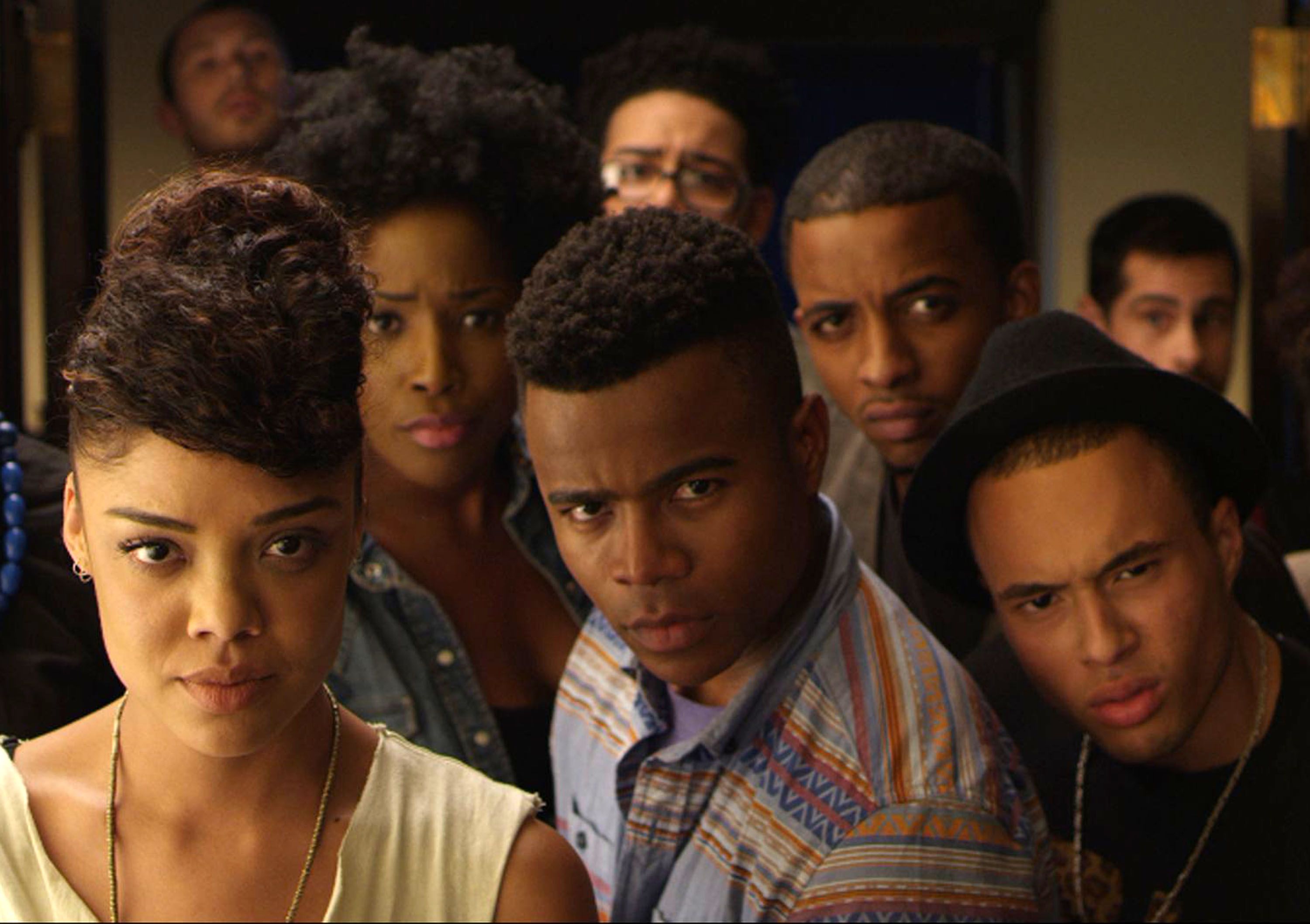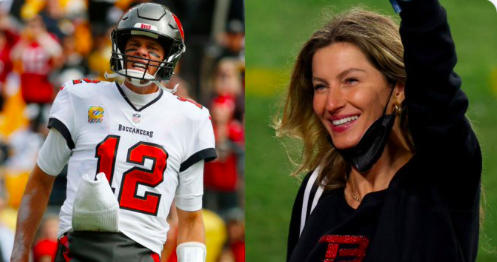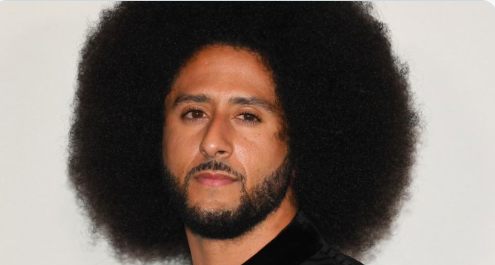The film Dear White People opened at the Los Angeles Film Festival in 2014 and knocked people off their collective feet with its boldness. Like most good media, the film polarized sectors of society along positive and negative spheres of influence. That’s just the way race works in the United States, and the Western or “civilized” world as a whole.
Now the film has been extrapolated and expanded into a series on Netflix, and has been garnering a considerable amount of buzz on the road to its April 28th premiere.
The Shadow League had the chance to speak with actress Logan Browning, who plays the role of radio shock jock Samantha, actor Brandon P. Bell, who plays aspiring politician Troy Fairbanks, and Justin Simien, the brains behind the dramatic comedy.
“Preparing for the role, I read the screenplay to the film. It was advised to me and I never got to do that,” said Browning of her preparation. “I felt closer to the film in a different way. I felt closer to Justin, who I didn’t know yet, reading his words on paper. There’s an avenue into Justin’s mind that I wasn’t getting to experience. By reading the screenplay, I felt closer to the horse’s mouth. Of course, watching Tessa [Thompson, who played Samantha in the film]. It would be silly not to see how she portrayed Sam, then taking my experiences and putting it into the character as well.”

“Troy is kinda like the Golden Boy,” said Bell, speaking of the character he plays. “He’s the safe black bet. He’s in the whole political spectrum. At the end of the film we see that he decides to run for student body president. Those are the sort of ideals that his Dad sort of places upon him. He and his Dad have a very interesting relationship.”
“Troy, as a young person, is still trying to figure out what he wants to do,” Bell continued. “He has been groomed as a politician but that’s not really, not necessarily, what he truly wants to do. He’s good at it. So, for me, it was just about tapping into the consciousness. I had already read The Audacity of Hope and I had also read a ton of books about Jim Crow. Because I wanted to get the juxtaposition between what white students were feeling and what every other black student was feeling, which was outrage. Sam is like, ‘The only way to bring about change at this predominately white university is to shake things up.'”
“Where Troy is like, he wants to be in the middle,” Bell went on. “A peacemaker to try to please everyone because he’s a politician. So, his jobs and goals are to make everybody feel comfortable so that he can get the vote, bring about change by unifying everyone. That’s who Troy is. He’s a young person who has huge political aspirations even past college. It’s what he’s been groomed for. But he’s just a young black guy who likes to have fun, he’s dating, he’s got friends, and he likes to smoke weed and write jokes. How do you balance all that? You don’t have much room to fail. You have to be Obama. So, you don’t have all this room to venture off and do some other things.”
In our prior conversation with Simien, the show runner explained that the title Dear White People is purposefully misleading. Almost a mask of the series’ true intentions. Browning’s take on her character and themes enclosed therein are all about masks as well.
“(Sam) has her own identity she portrays to the world and the campus,” said Browning. “She wears a million different masks, like every other character on the show. She’s dealing with her relationship with this white guy who she was keeping from her friends. When I start talking about Sam I want to start talking about all the other characters. That’s how I relate to Sam. I see her through everyone else’s eyes almost. So, it becomes difficult for me to explain her in adjectives.”
A scene in one of the early episodes depicts various black student union organizations debating, some would say bickering, about various subjects pertinent to their overall well-being on campus. Yet, the exchange descends into finger-pointing and insults. It struck me so much that I specifically asked Simien why he felt it necessary to show this reality in the manner he did. It was like he saw that pitch coming in slow motion and was prepared to send it the other way.
“I’m a student of history,” Simien said. “If you look back at the successes of the civil rights movement of the ’60s, people think of it like, ‘Oh there was Martin Luther King and there was Malcolm X’, but in reality there were many, many different voices who all completely disagreed about how to achieve civil rights. What we found out in the end was that it took all of them because they appealed to different groups. They needed to come together. What looked like a conflict on the outside actually ended up being our saving grace.”

“You had Whitney Young, who had the ear of the president, you had Malcolm X, who had the ‘By Any Means Necessary’ Black Muslim community, you had Martin Luther King, who appealed to Black and White Christians,” Simien continued. “You had these different voices that, on the surface, felt like they had to fight each other tooth and nail, but then turned out we needed all of them. One of the things that I think we’re struggling with with activism in the 21st century is we haven’t quite gotten to that next step. We’re still arguing about who’s really woke or not. You know, dumb shit.”
“Every Twitter post where it’s like ‘Oh, he’s got a white wife.’ All of those things that are really kinda getting in the way of us actually achieving something. But, in an odd way, it’s sort of a necessary first step. It’s kind of human nature and I just wanted to portray that honestly.”
“We all have the same goal, but we let all these ideologies and roles that we play put us into conflict. Ultimately, that’s what the show is about; identity versus self. Which one is going to get us ahead? It’s a different answer depending on the situation. Even the trolls, the people spewing vitriol. At the bottom of that is pain. These are people who feel overlooked for whatever reason. Pointing out how we make ourselves enemies when we’re really friends is a big part of what I’m saying here with this show.”
Dear White People premieres on Netflix on April 28th.



